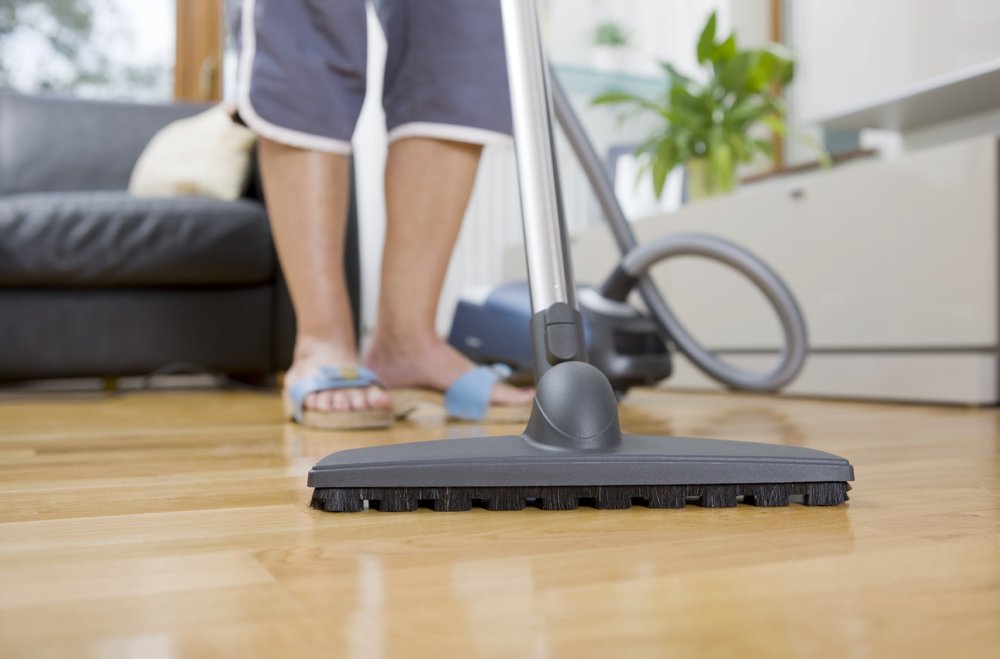HEPA filters are among technologies that were developed during wartime and they eventually benefit us. During the Manhattan Project, scientists and engineers needed to prevent the spread of fine dusts that contain radioactive material. HEPA filters were introduced in the market after the 1950’s and they are currently known as generic name to describe highly efficient filters. True HEPA filters must be able to remove 99.97 percent of small particulates that can be about 0.3 microns in size. Small particulates can be quite difficult to filter, so there are procedures that are implemented in HEPA filters. The interception component of HEPA filters force airstream to follow specific pathways and any particulate will stick to specific surface. The impaction process is used to make sure large particles to embed in a surface. With proper techniques, HEPA filters should provide superior filtration capabilities and they should be quite effective in preventing potentially dangerous particulates from spreading. This is especially true because upholstery and carpets could retain and release dust.
Indoor areas could contain mold, dust mites, gas, chemicals, allergens, microorganisms and other small particulates. This will affect people who suffer from various respiratory tracts issues. Prolonged exposure to poor indoor air could cause congestion, fatigue, digestive problems, headaches, itchy eyes and others. It is found that upper respiratory illness that affects children is likely caused by asthma. HEPA filters are used in various products, such as vacuum cleaners, air conditioning and obviously, air purification systems. In this case, people who suffer from allergy and asthma should consider investing on HEPA filters. Although we know that HEPA filters are great at removing small particles, we should know that HEPA-equipped machines could really work as advertised. It should be noted that these machines should be maintained properly, because leaks would negate the true usefulness of HEPA filters. In addition, these machines should also powerful enough to suck air and distribute clean air into the interior.
There are different designs of HEPA filters and we should pay attention to the features and characteristics. As an example, the suction power should be 90 cfm or higher, lower than that, the vacuum isn’t really powerful enough. In general, we should be able to remove any kind of pollutants from our home. We should be aware that a powerful motor could force the air to impact the filter harder and this ensure that more dust and particulates can be captured. We should make sure that these designs have strong seals that prevent dirty air from being blown into the interior. Whether we choose an upright or canister HEPA filtering machine, we should make sure that it could eliminate dander and dust from our home. In addition, we will be able to alleviate our asthma-induced symptoms. In areas where dust and particulates can be easily found, it is important for homeowners to progressively improve their air filtration solution. In this case, we could make sure that the air can be kept clean, regardless of the heavily polluted exterior.
